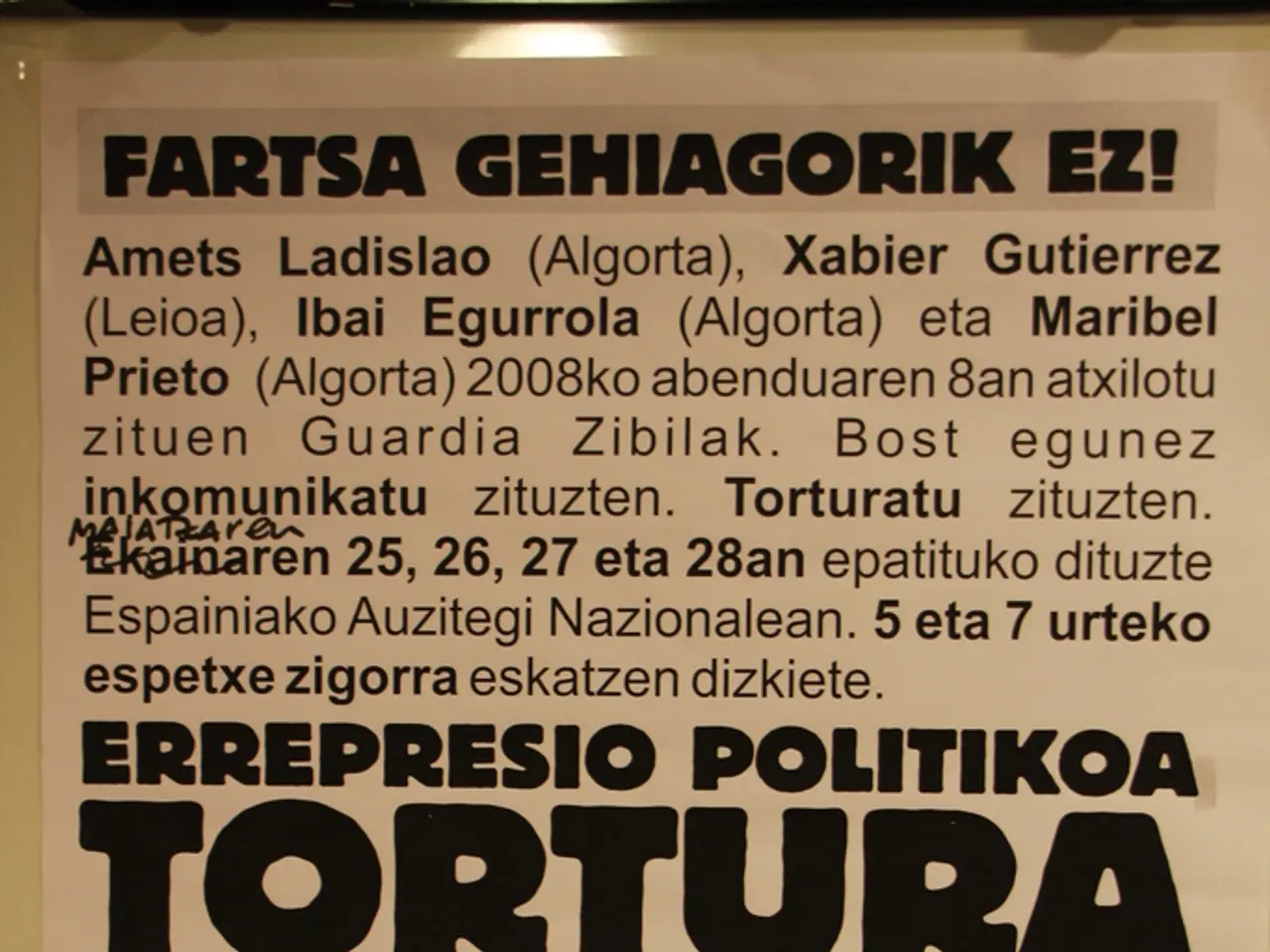Colombia lays to rest slain presidential contender
In a sombre turn of events, the conservative Colombian senator, Miguel Uribe Turbay, who was critically wounded during a shooting at a campaign rally in June, has passed away after more than two months in intensive care.
Born into a prominent political family, Uribe Turbay was the son of journalist Diana Turbay, who was tragically killed by the Medellín Cartel in 1991, during one of Colombia’s most violent eras. His grandfather, Julio César Turbay Ayala, served as the President of Colombia. Uribe Turbay was a conservative senator and a presidential hopeful for the 2026 election.
The shooting, which involved a teenage suspect arrested at the scene and several others detained later, has raised serious concerns about political violence in Colombia. The minor was suspected of acting as a paid hitman, and investigations into possible organizers and accomplices are ongoing.
A Glimpse into Colombia's Turbulent Political Past
Colombia has a long history of political violence, especially linked to drug cartels and armed groups. The murder of Uribe Turbay’s mother in 1991 is a stark example of the violent turmoil involving the Medellín Cartel in the 1980s and 1990s.
Political violence had largely decreased, but the apparent attack on Uribe Turbay marked a worrying return of violence targeting politicians and candidates, recalling past eras when drug lords and paramilitary groups declared war on the state. The attack shocked the nation and raised alarms about the potential resurgence of political violence around the upcoming 2026 elections, including concerns about candidate security and the democratic process.
The Colombian government held cross-party meetings to strengthen security for candidates, but faced challenges in cooperation from opposition parties, highlighting the political tension involved. Human rights groups have warned that such attacks risk deterring political participation and undermine democracy, emphasizing the need for transparent investigations and protections.
The Legacy of Miguel Uribe Turbay
Uribe Turbay's death is seen as a grim reminder of Colombia’s troubled past with political violence, especially relating to drug cartels and armed conflict, and raises concerns about renewed threats to political stability and democracy in the country. His wife vowed to give their son and stepdaughters a life full of love and happiness, while his father, who lost his wife to the same senseless violence 34 years ago, now mourns the loss of his son.
Colombia will hold elections in 2026 to replace incumbent leftist leader Gustavo Petro. The funeral of Uribe Turbay was attended by former presidents Juan Manuel Santos and Cesar Gaviria, but Gustavo Petro, a former guerrilla, chose not to attend at the family's request to avoid any potential disruptions.
[1] https://www.bbc.com/news/world-latin-america-61717655 [2] https://www.reuters.com/world/americas/colombia-senator-ubrie-dies-after-being-shot-in-june-2025-2025-08-11/ [3] https://www.theguardian.com/world/2025/aug/11/colombian-senator-dies-after-being-shot-in-june-2025 [4] https://www.aljazeera.com/news/2025/8/11/colombia-senator-miguel-uribe-turbay-dies-after-being-shot-in-june-2025 [5] https://www.nytimes.com/2025/08/11/world/americas/colombia-senator-miguel-uribe-turbay-dies.html
[1] The attack on Miguel Uribe Turbay, a prominent Colombian senator and presidential hopeful, has sparked discussions about political violence in Colombia, which is often linked to war-and-conflicts, crime-and-justice, and general-news.
[2] Amidst concerns about the democratic process and renewed threats to political stability, debates about government policies, foreign relations, and other political matters will likely remain at the forefront of public discourse in the lead-up to the 2026 elections in Colombia, as the nation grapples with its tumultuous past.








